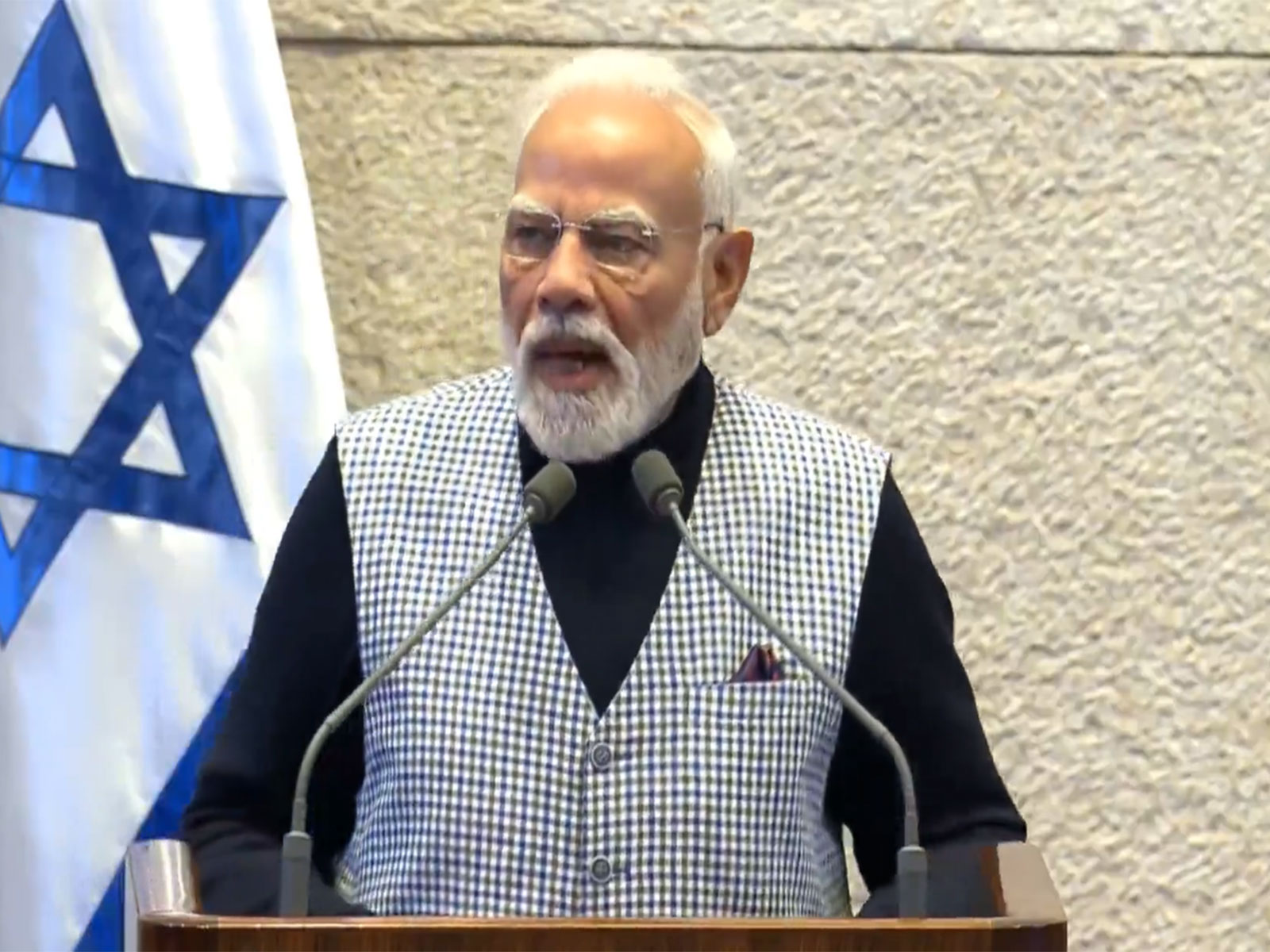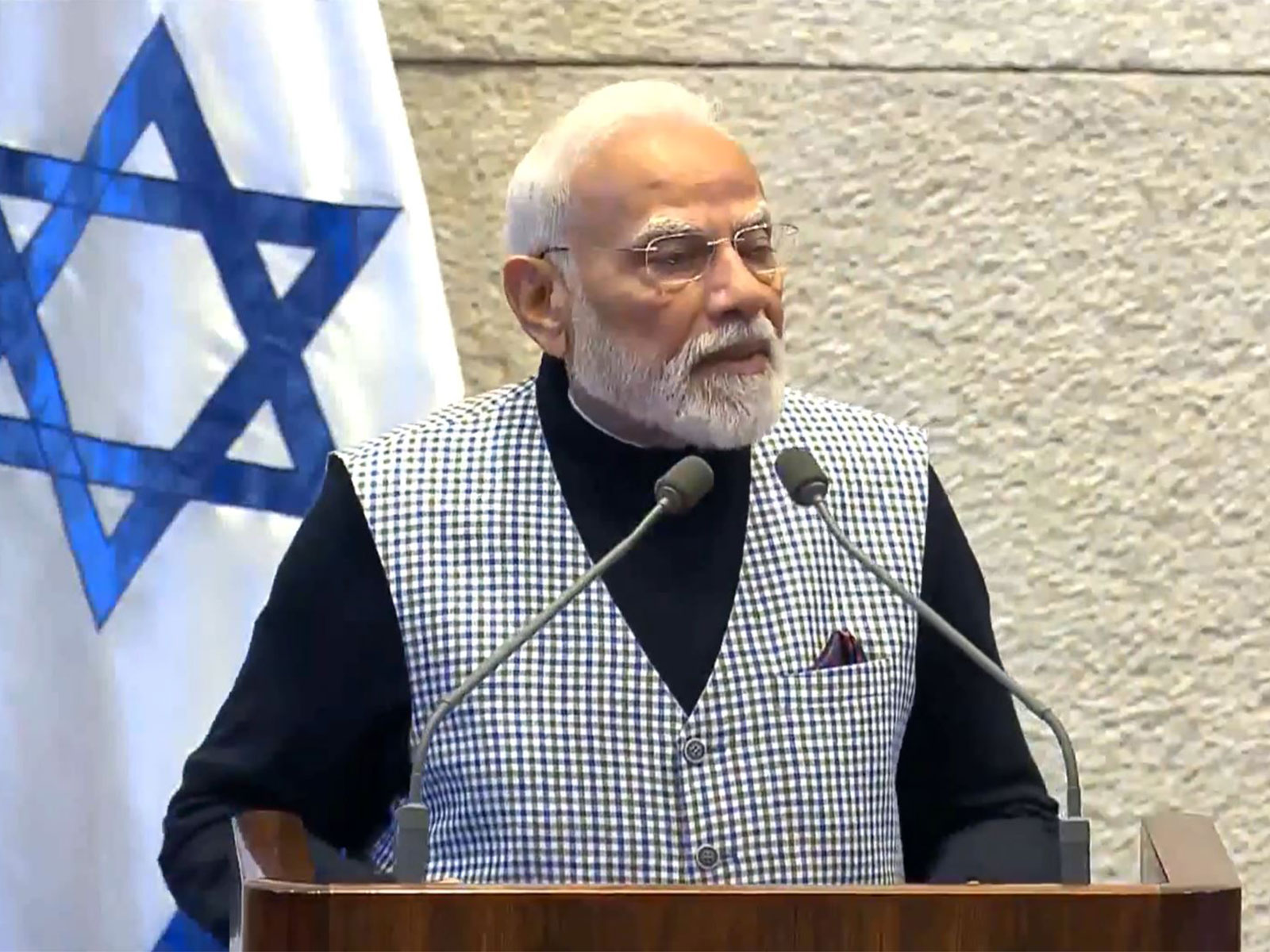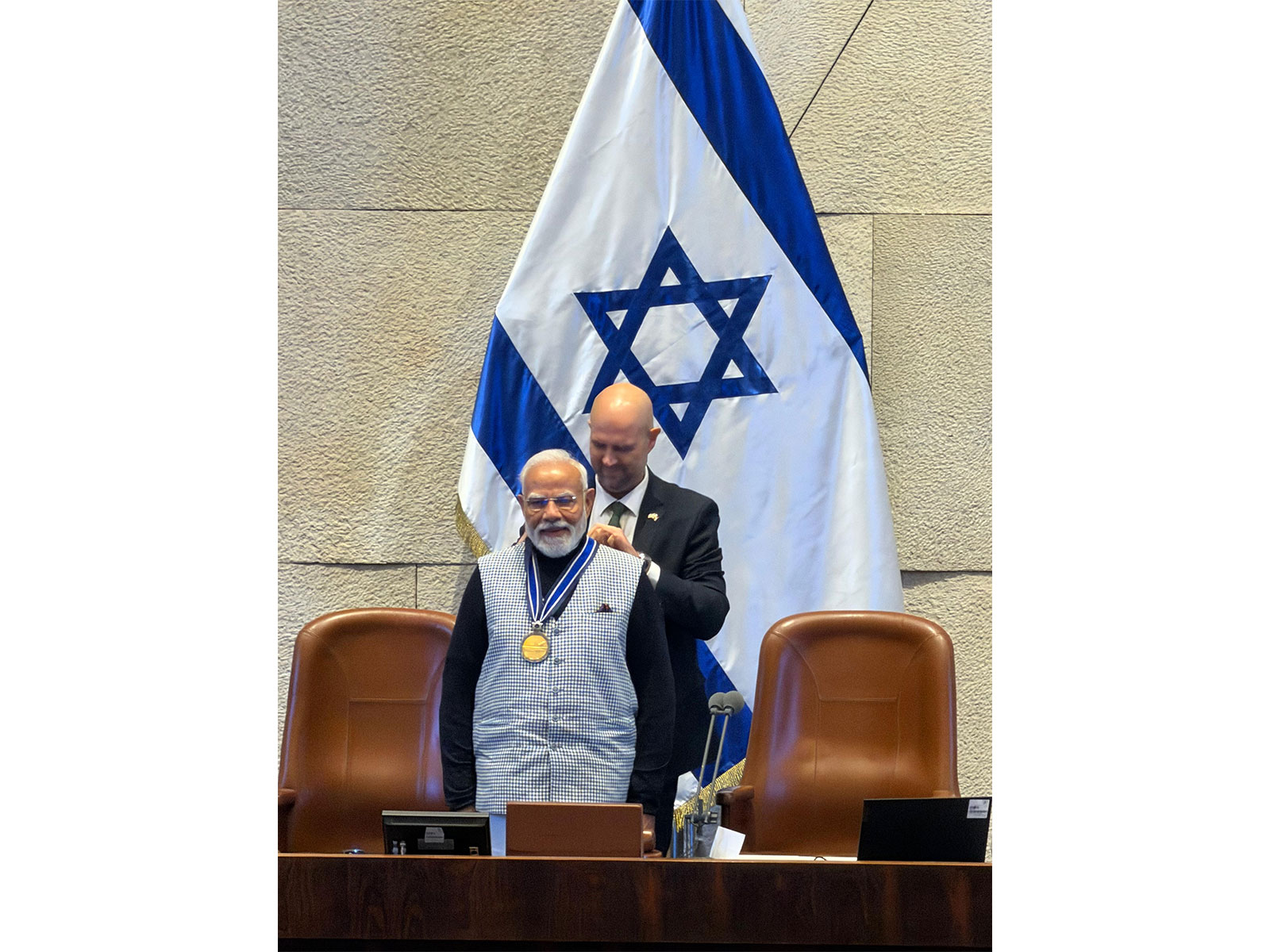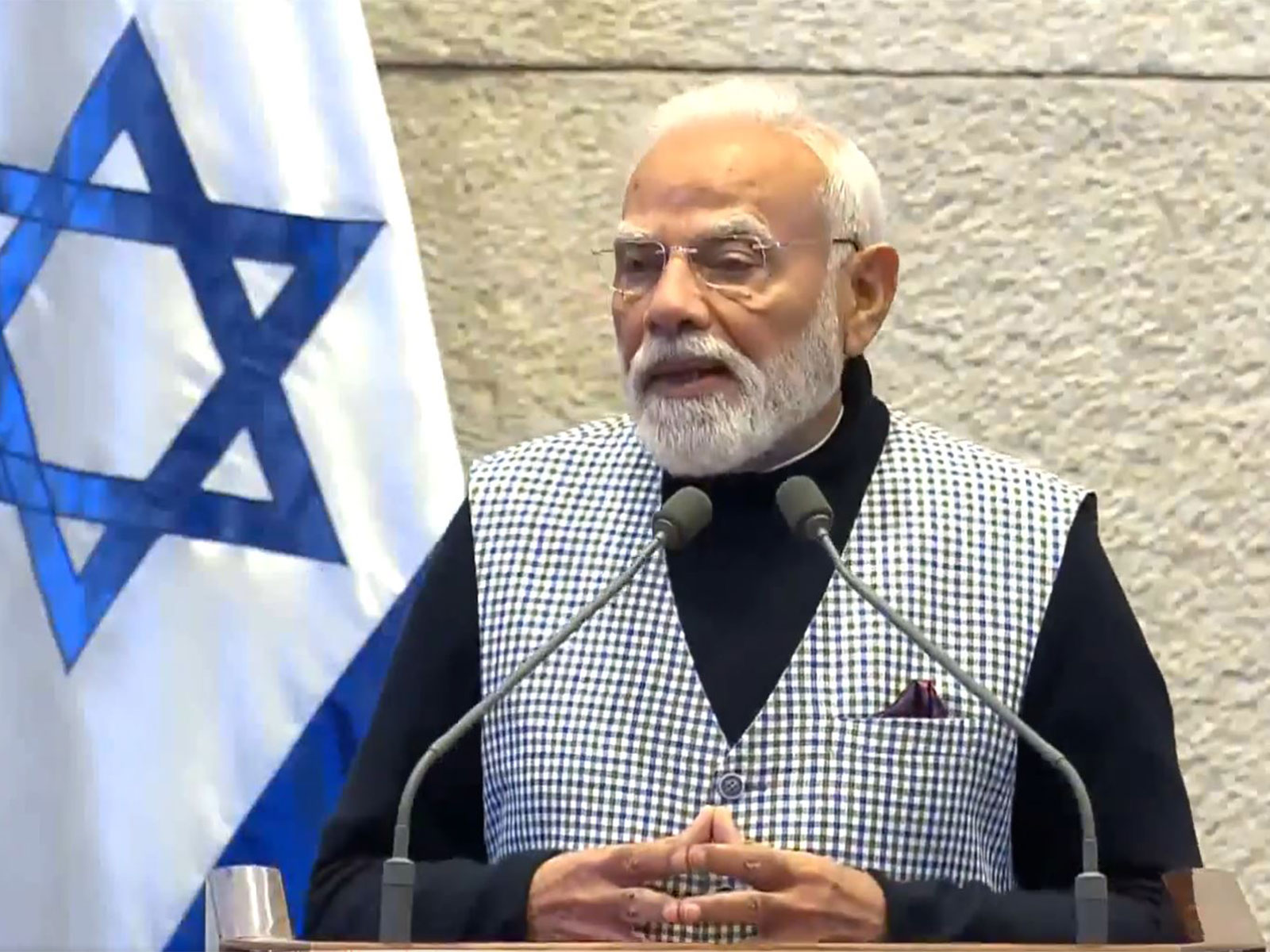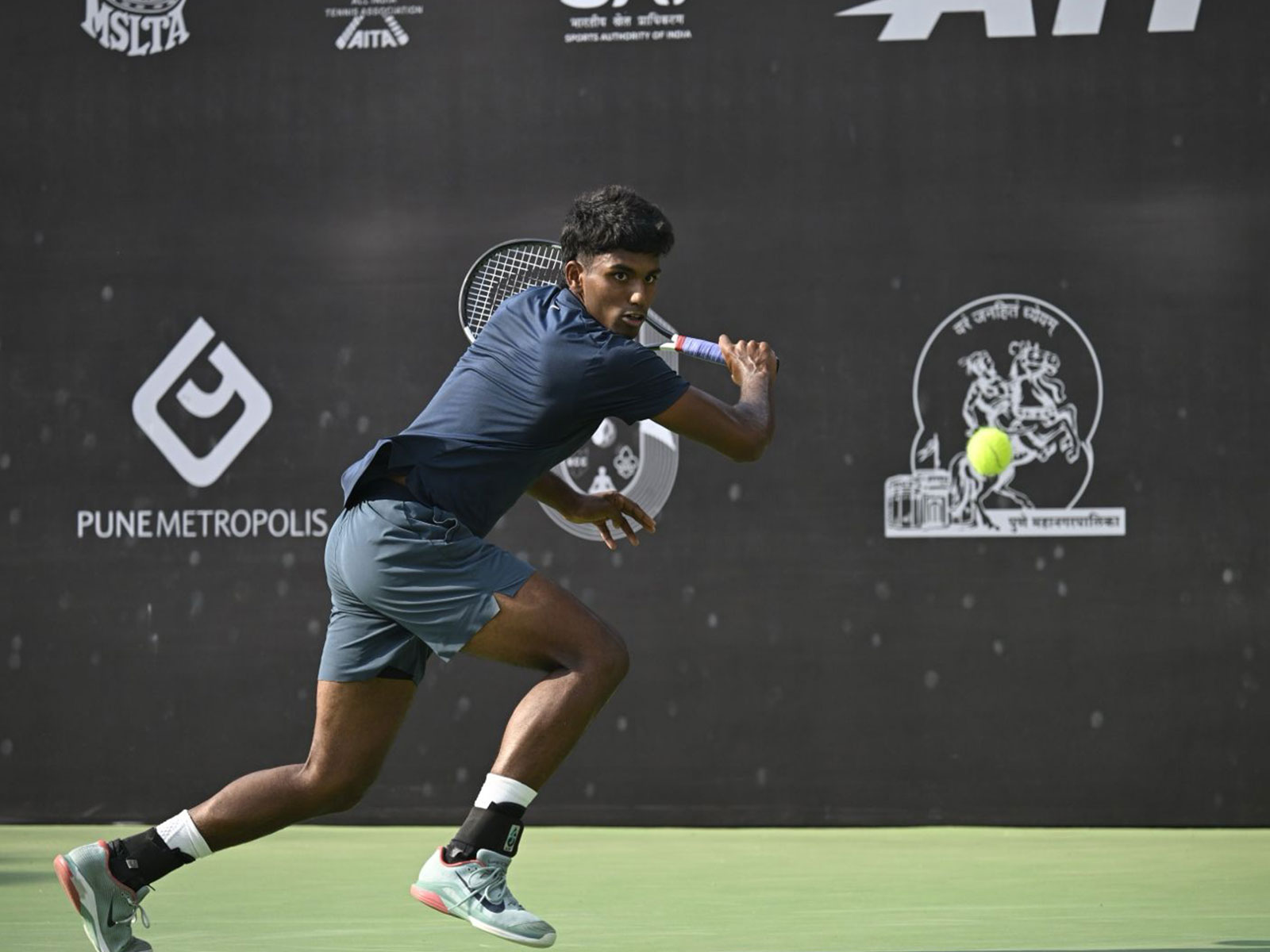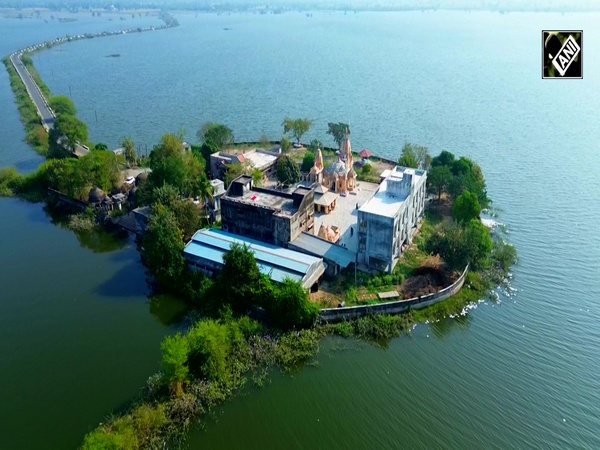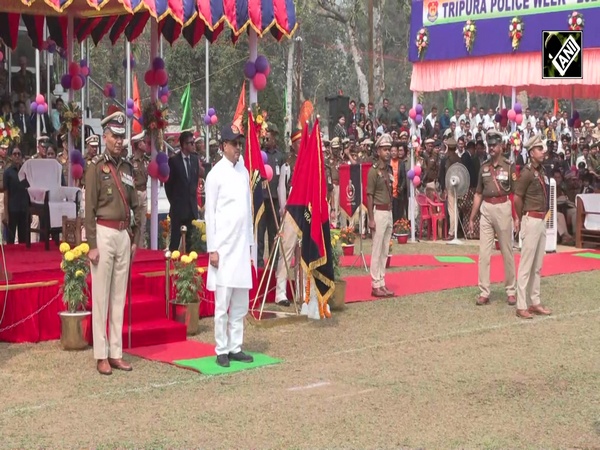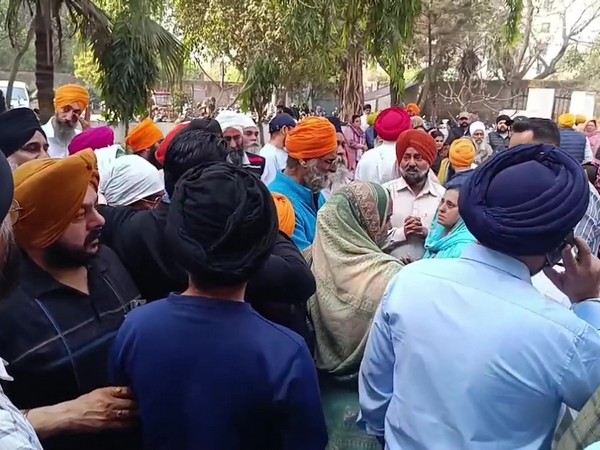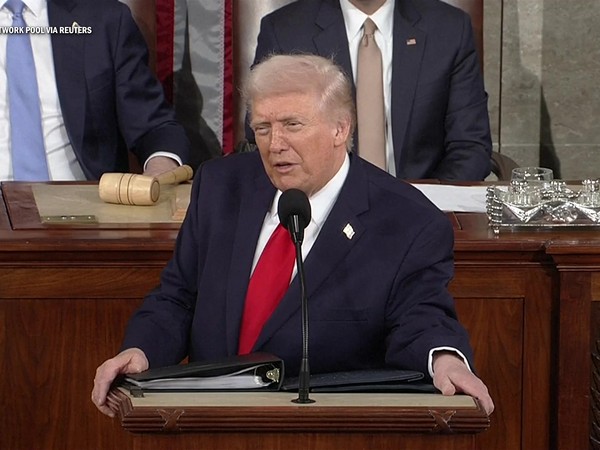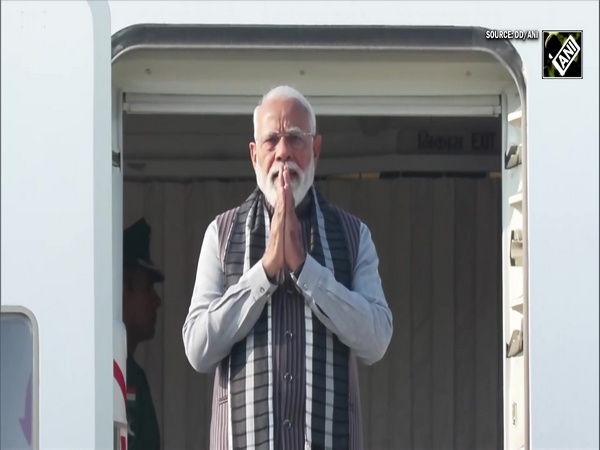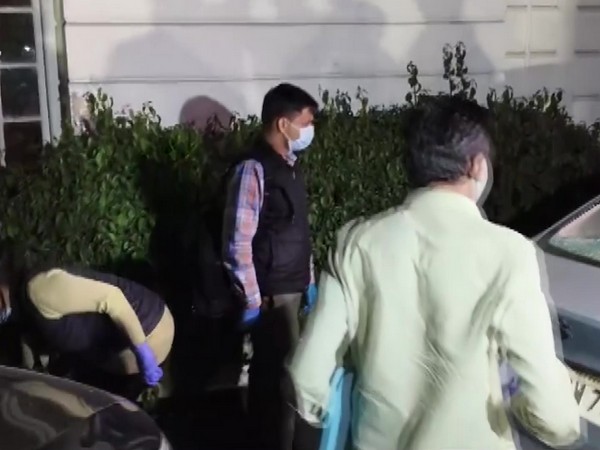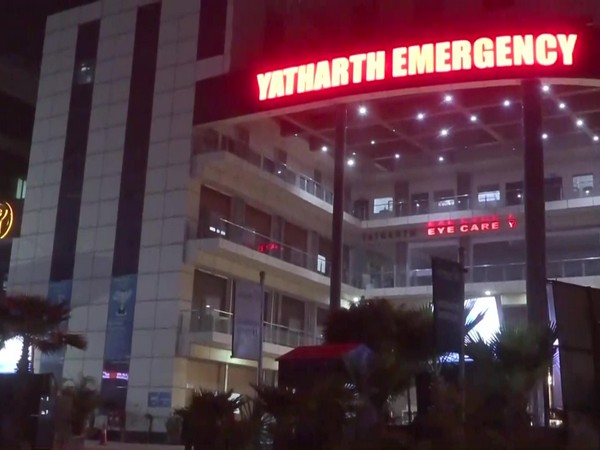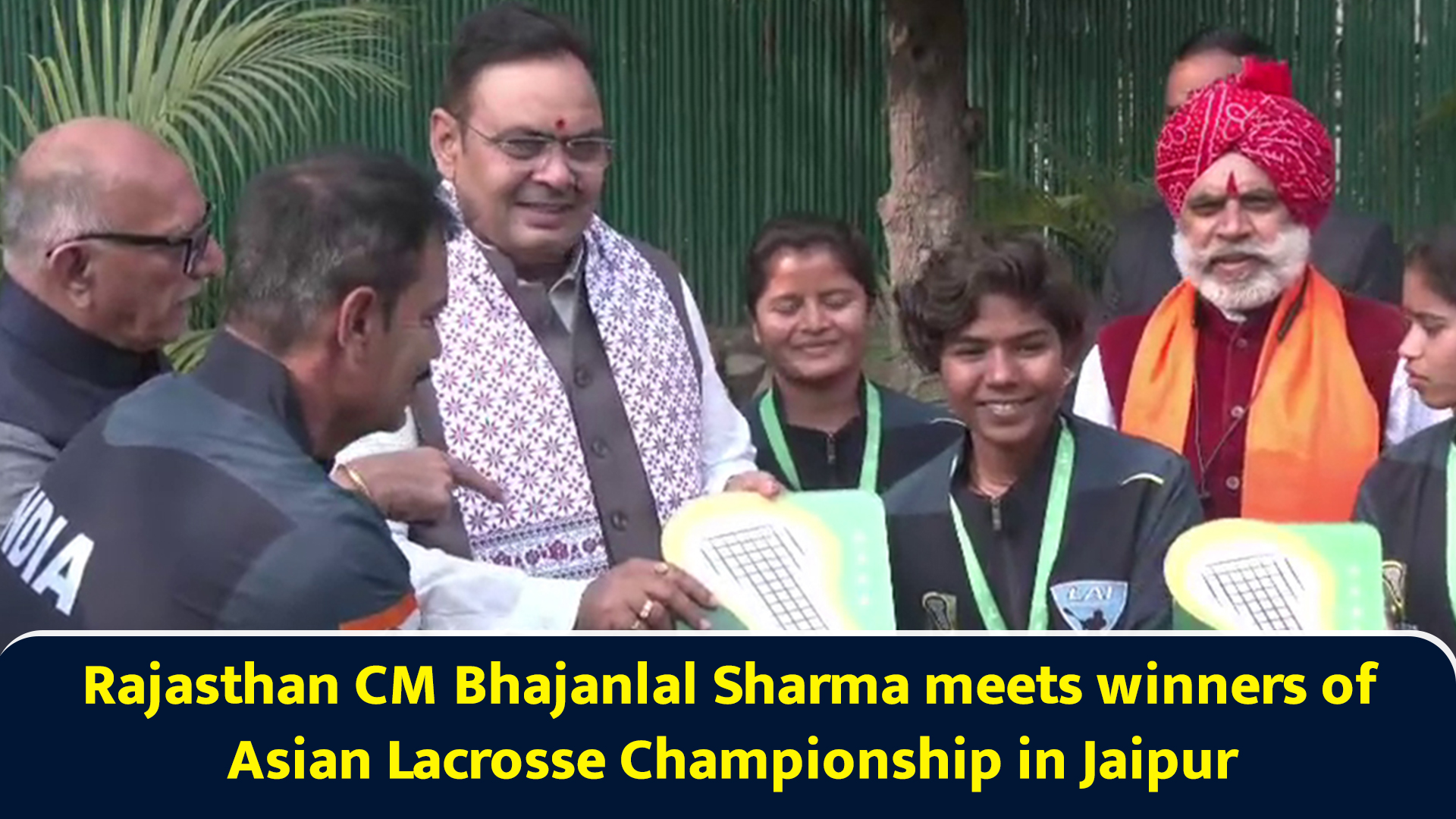UCL Vice-Provost Geraint Rees highlights deepening UK-India collaboration in advanced research
Nov 22, 2025
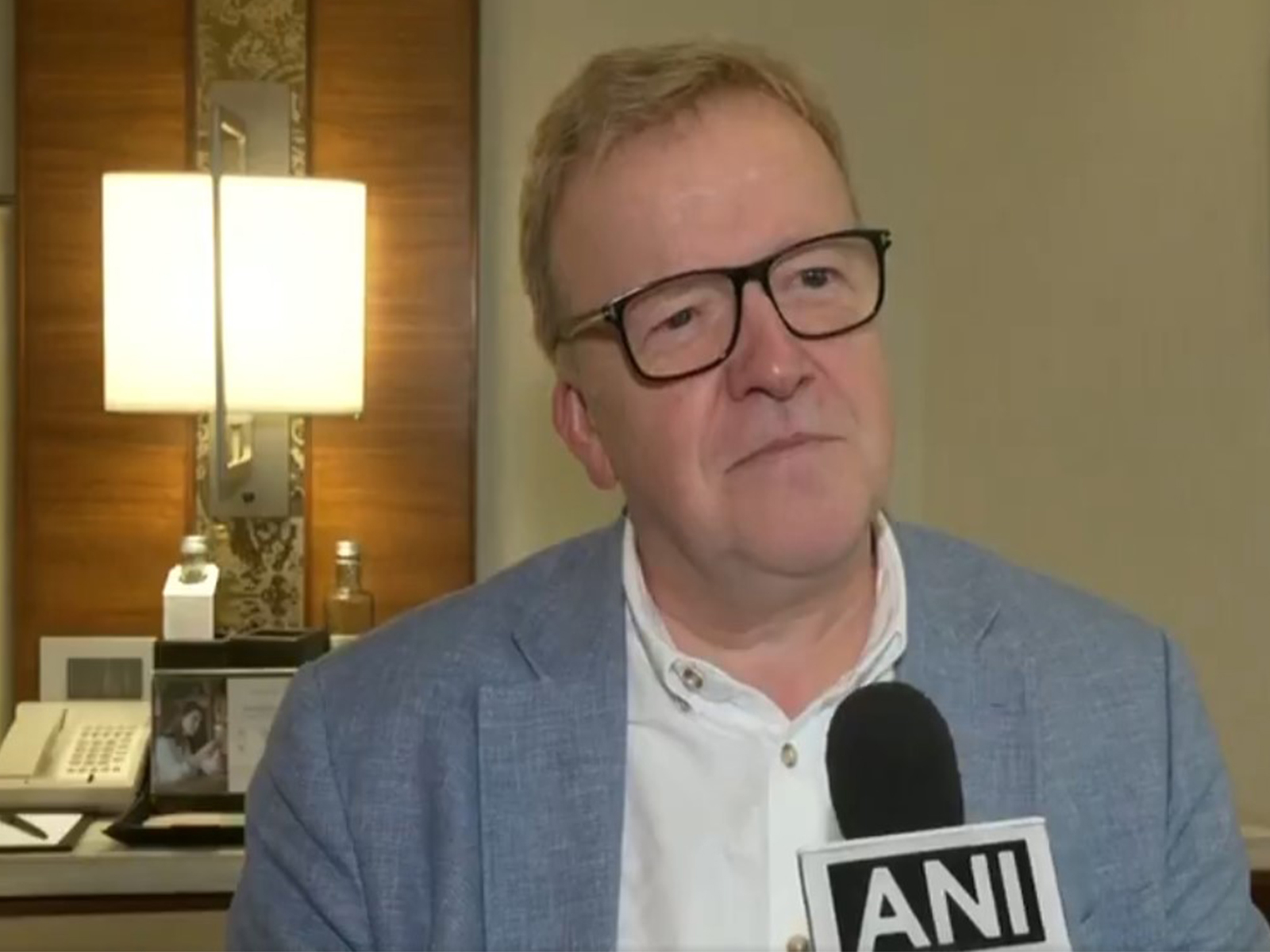
New Delhi [India], November 22 : Geraint Rees, Vice Provost for Research, Innovation and Global Engagement at University College London (UCL), on Friday said he would be visiting the Indian Institute of Technology (IIT) and All India Institute of Medical Sciences (AIIMS) in the national capital to further strengthen ongoing collaborations.
Speaking to ANI, Rees noted that India is among the major partners of UCL, asserting that these partnerships extend beyond academic publications and focus on building capabilities in advanced areas such as quantum computing, AI-driven medicine and assistive technologies.
"I have been visiting IIT Delhi and AIIMS along with IISc Bengaluru. They are our major partners in India. What really excites me is that these partnerships are not just about research papers, they are about building capabilities, from quantum computing to AI-driven medicine and assistive technologies," Geraint Rees said.
Furthermore, the Vice-Provost highlighted the potential of co-creation between UCL and India, beyond conventional collaboration. He mentioned that while UCL is witnessing a record number of Indian students in London, what is more significant is that many of these students return to India to launch ventures addressing real-world challenges, particularly in healthcare and climate technologies.
"UCL's future with India is this potential to co-create, not just collaborate. In London, we are seeing a record number of Indian students coming to UCL, which is great, but more importantly, they are coming back to Delhi and going on to launch ventures to solve real problems like healthcare and climate technologies," he added.
Rees emphasised the complementary strengths of the two nations, stating that India's scale combined with UCL's depth can generate technologies and capabilities that neither could achieve alone.
"India has the scale and UCL has the depth, and together we can build the technologies and capabilities that we couldn't create alone," Rees added.
